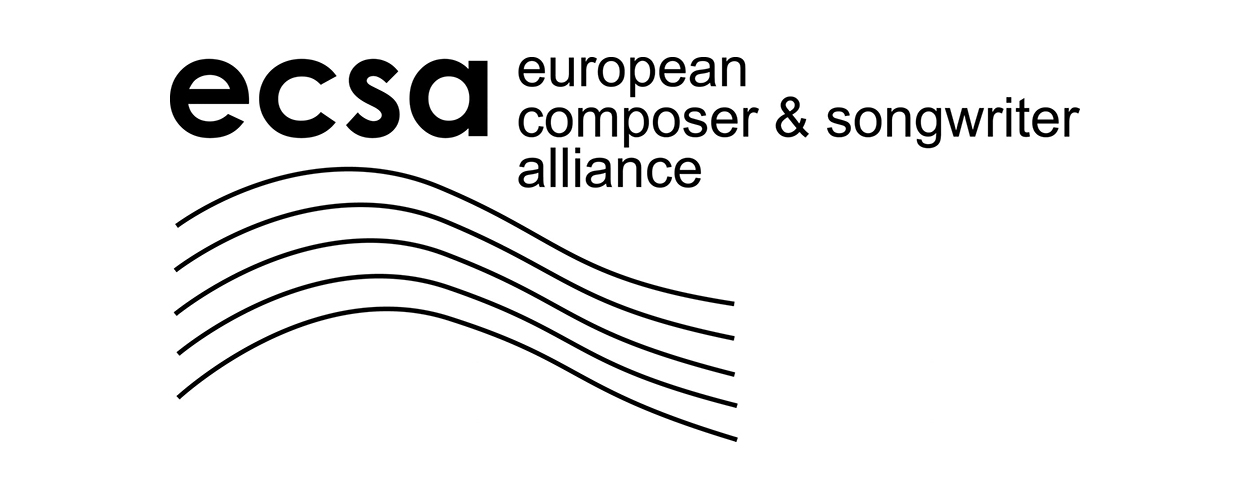This website uses cookies so that we can provide you with the best user experience possible. Cookie information is stored in your browser and performs functions such as recognising you when you return to our website and helping our team to understand which sections of the website you find most interesting and useful.
Business News Digital Labels & Publishers
Pan-European songwriter group hits out at Spotify’s new discount-for-promo pilot
By Chris Cooke | Published on Tuesday 17 November 2020

The European Composer And Songwriter Alliance has hit out at Spotify’s recent announcement that it is piloting a new marketing service that will allow artists and labels to influence the algorithm that selects what music gets played via the streaming platform’s personalised radio and auto-play features.
With algorithms driving ever more listening on the streaming services, being able to inform that algorithm about key activity or newsworthy moments around certain tracks is generally speaking a good thing. However, it will be a paid-for service, which has made the whole thing somewhat controversial in parts of the music community.
Rather than artists and labels paying an upfront fee to influence the algorithm, instead they would provide Spotify with a discount on the royalties due on any streams the influenced algorithm initiated.
From Spotify’s perspective that probably seems like an artist and indie-friendly move, as it makes the option available to those with modest or zero marketing budgets. However, given the increasingly vocal debate about the average per-stream payouts on Spotify – a debate that generally concludes those payouts are too low – the suggestion that artists should opt to receive an ever lower payment isn’t necessarily a good look.
It’s the fact that accessing this new service will mean accepting a lower royalty that ECSA has criticised. This proposal, the organisation states, comes in the midst of the wider debate around low per-stream payments, ongoing legal efforts by Spotify to fight a rate increase for songwriters under the compulsory licence in the US, and the much-documented impact COVID has had on other artist and songwriter revenue streams.
“In that context”, ECSA said in a statement yesterday, “Spotify’s suggestion to promise more exposure in exchange for lower royalty rates shows once more its profound disrespect to the community of creators who struggle to make a living”.
While offering retailers discounts in return for promotion was quite common in the CD era – and Spotify mainly sees itself as the evolution of music retail – paying radio stations for more exposure, aka payola, has always been very much frowned upon. And some see Spotify as the evolution of radio.
ECSA’s criticism continues: “Such a ‘payola’ also puts the spotlight on Spotify’s opaque practices which effectively results in a pay-for-play model to the benefit of a few players, with detrimental consequences for the vast majority of creators, consumer choice and cultural diversity alike”.
“Music creators are at the very source of all music on Spotify and have effectively subsidised its lack of a proper business model for years”, the songwriter group goes on. “They should not be financing yet another broken idea and deserve more respect from this company, whose current model prevents an overwhelming majority of them to make a living. It is more than time creators receive appropriate and proportionate remuneration for the use of their works”.
Spotify has insisted that any discount demanded in return for influencing its algorithm will only apply to the recording royalty paid to artists and labels, not the accompanying song royalty paid to songwriters and publishers. Which makes sense, if only because the artist or label utilising the service wouldn’t be in a position to offer any discount when it comes to song.
However, of course, many of the songwriters and composers that the national organisations that make up ECSA’s membership represent will also be artists earning from recordings. Even where that’s not the case, songwriter groups have long objected to moves that they see as devaluing music.
And while discounts for promo can be controversial across the board, songwriters, publishers and their collecting societies have generally been most resistant to proposals of that kind. Possibly because they are not usually directly involved in marketing recordings, that being the domain of artists and labels.
Which, I suppose, makes ECSA’s opposition to Spotify’s recent proposal unsurprising – although songwriter groups are by no means the only critics of that proposal. But, actually, ECSA’s statement is probably more interesting in the context of the increasingly political debates around the streaming music business model, and whether that model favours too much streaming platforms and record labels.
The UK Parliament’s culture select committee is currently investigating that debate, with the first deadline for submissions to its inquiry passing yesterday. Meanwhile the pan-European organisation for artist managers, EMMA, recently called for a Europe-wide debate on the streaming model and the various issues that have been raised about it. And, in the conclusion of its statement yesterday, ECSA made a similar call.
“As policymakers in Europe are implementing the copyright directive and increasingly considering how to regulate digital gatekeepers and the use of artificial intelligence, we encourage them to engage in critical assessment on the functioning of music streaming services including on the tools – such as playlists – that they provide”, it said.
And – as with the UK parliamentary inquiry and EMMA statement – ECSA too extends that debate beyond just the conduct of the platforms. It concluded: “We also encourage public authorities to review and analyse the distribution of streaming revenues to various categories of rights-holders so that music creators can be properly paid for the use of their works and continue to be at the source of Europe’s cultural diversity”.





